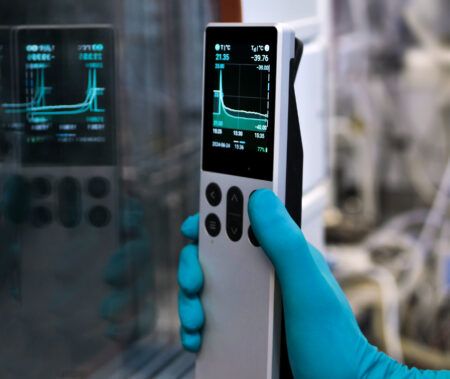How long should we continue improving the internal combustion engine? The reason I ask this is not to cause controversy or annoy those who are passionate about the ICE, but to start a conversation. The trigger for my thoughts is the growing momentum in Germany to ban or limit sales of new combustion engine vehicles from 2030. Considering the time that it takes to bring new technology from the laboratory into the market, and based on the assumption that no investor wants a stranded asset, this is an important question.
Working backward from that goal of 2030, if the lifetime of a production run is, perhaps, 10 years, the time taken from when the product is designed to the first vehicle rolling off the assembly line is three years, and the time taken to incubate an idea in a company R&D division is another three years, then the last year that new technology from a research lab should have had a chance to make it into a production vehicle was 2014.
This timeline is obviously based on numerous assumptions, and I don’t personally agree with such
a simplistic analysis. However, I deliberately want to shock everyone, to get people thinking about when that critical moment might come for their company. The answer is always going to be more complicated and very specific to the market.
The aforementioned timeline also completely ignores technologies that can be introduced into existing vehicles, and ignores markets that will take longer to ban combustion engine vehicles. It also overlooks the fragmented nature of the market, and the fact that it is going to be extremely hard to electrify heavy goods vehicles, industrial machines or those that must traverse long distances on a regular basis. For all of these vehicle types, combustion engines may live on for many more decades, if not longer.
However, at some point we are going to reach peak combustion engine production, and regardless of how soon you think that could be, it is going to have a dramatic impact on the large number of automotive engineers whose skills and knowledge may start to become redundant. It will also affect investment decisions, as the money likes to follow growth, not stagnation and decline. Those toward the end of their careers may not have to worry too much, but for young engineers who are just starting out, this is something to seriously consider. I would ask aspiring automotive engineers two simple questions: Do you want to become an expert in a technology that is to become less relevant and important, competing against experienced candidates in a shrinking jobs market, and face the prospect of having to retrain at some point? Or do you want to become an expert in a new technology that is growing in relevance and importance at an exponential rate, to be at the beginning of the curve with opportunities for rapid promotion as the sector grows, and to know that your skills and knowledge are likely to see you through until the end of your career? I asked myself these questions about 13 years ago at the start of my career, and it is no accident that my research group is focusing on the electrification of transport.
Submitted by Greg Offer, a senior lecturer in mechanical engineering at Imperial College London. His research focuses on fuel cell, battery and supercapacitor technologies, mainly in transport





